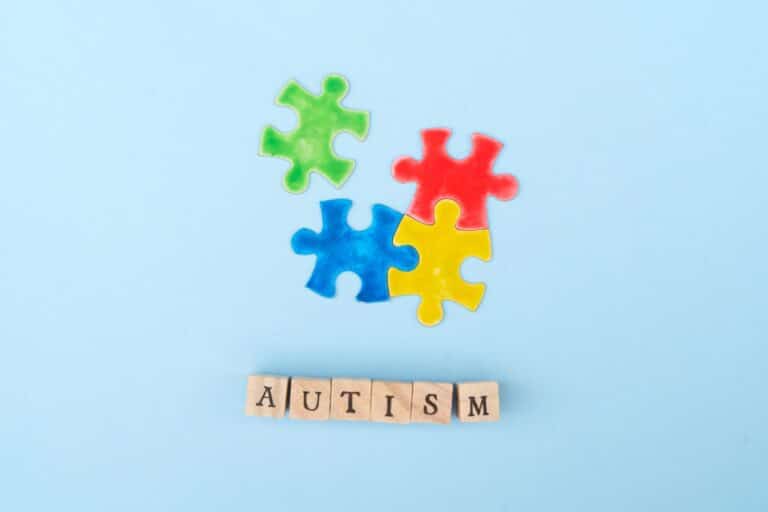20% of people that abuse alcohol find themselves with some type of liver damage later in life. If you’ve put your body through years of alcohol abuse and have decided to turn your life around, you might be wondering if it’s possible to cleanse the liver.
Before we get into whether it’s possible or not, we’ve got to take some time to detail some things that you can do to reduce some of the damage already done to your liver.
Alcohol and Your Liver
When you’re drinking alcohol, what happens is your liver eventually filters out the toxins. Your liver will continue to filter the alcohol without succumbing to any irreparable damage.
But, when someone is abusing alcohol, this means they’re constantly putting the toxins into their body, making it more challenging for the liver to do its job. As time continues, the liver begins to become scarred from the constant alcohol consumption.
To filter toxins out of the body properly, it takes water to do so. Alcohol has been linked to dehydration, sucking the water from the body and making it challenging for the liver to work.
The stages of liver damage progress at different rates for people depending on how excessively they consume alcoholic beverages. When your body is working to filter alcohol, cells die in the process. In time, these cells regrow, but it takes a considerable amount of time for this to happen.
Fatty Liver
A fatty liver is the first sign that someone has liver damage. What begins to happen is fat buildups within the liver after alcohol has been consumed. While there aren’t very many signs that you’re suffering from liver damage at this point, it does make it clear that alcohol abuse is taking place.
Continuing to drink alcohol at the rate you’re consuming will lead to further liver damage and other bodily harm.
Alcohol Hepatitis
When you think of hepatitis, the last thing you think about is drinking alcohol. As an alcoholic continues to drink heavily for long periods, often daily, it leads to alcohol hepatitis.
During this stage of liver damage, a person will begin to experience many symptoms, including:
- Nausea
- Vomiting
- Fever
- Kidney failure
- Liver failure
- Increased confusion
Several other things can interfere with this stage of liver damage and cause further issues for the person experiencing them.
Liver Cirrhosis
Constant alcohol consumption leads to liver inflammation and is often categorized by scar tissue that has accumulated over time. This is known as cirrhosis of the liver.
Because the scar tissue has built up, it is difficult for blood and other fluids to flow properly throughout your liver.
How Much is Too Much?
The amount of alcohol that a person drinks before they begin to experience liver damage signs is different from person to person. Some people drink for years before they notice any signs of liver damage.
Others can drink for a short period and notice adverse effects anywhere from weeks to months. The point is you should never be drinking alcohol in excess.
If you find yourself abusing alcohol, it’s time to take a step back and think about seeking alcohol addiction treatment.
Can You Repair Your Liver?
The answer to this question is both yes and no. Some factors will determine whether the damage your liver has sustained can be repaired or not.
The first factor is the level of damage that your liver has sustained. If the damage is moderate, it’s common that your liver will be able to heal itself with time.
The thing is, in order for this to happen, you would need to stop drinking completely. If you’re in the cirrhosis liver stage, the jury is still out on whether your liver can be healed or not.
Several studies are being conducted that have shown that abstaining from alcohol use can drastically repair the condition of your liver. Continuing to drink will only shorten a person’s life span and continue increasing the amount of damage the liver takes on.
How to Reduce Liver Damage?
There are several ways that you can reduce liver damage, with the first being to stop abusing alcohol. To enter into alcohol recovery, it takes the help and support of knowledgeable staff to help you figure out what leads you to drink and create ways to deal with these triggers.
Another thing that can help to reduce liver damage is to drink plenty of water. Remember earlier we mentioned that for your liver to function properly, it needs water to flush the body of toxins.
Exercising is also a way to ensure that your liver damage is reduced because it aids in increasing your health. When you exercise, you’re able to rid the body of fat and get into better shape.
How Alcohol Abuse Leads to Liver Damage?
We’ve answered the question of how alcohol abuse can lead to liver damage and even gone in-depth about the different stages of damage that your liver sustains as a result of constant alcohol consumption. If you’re someone that wants to take back your health and reverse liver damage, you need to stop drinking now.
If you or someone you love is finding it hard to put your drink down, contact Southern California Sunrise Recovery Center. We know that taking the first steps to sobriety can be hard, but we want to be there for you every step of the way.
Where there’s a will, there’s a way, and we want to show you the way.






